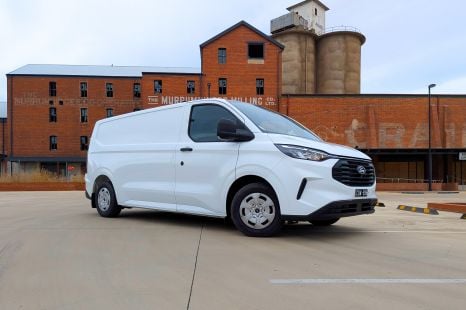

William Stopford
3 Days Ago
Skoda Australia plans to let its customers decide when it will cease internal-combustion production, with no plans to stop this in the foreseeable future.

Contributor
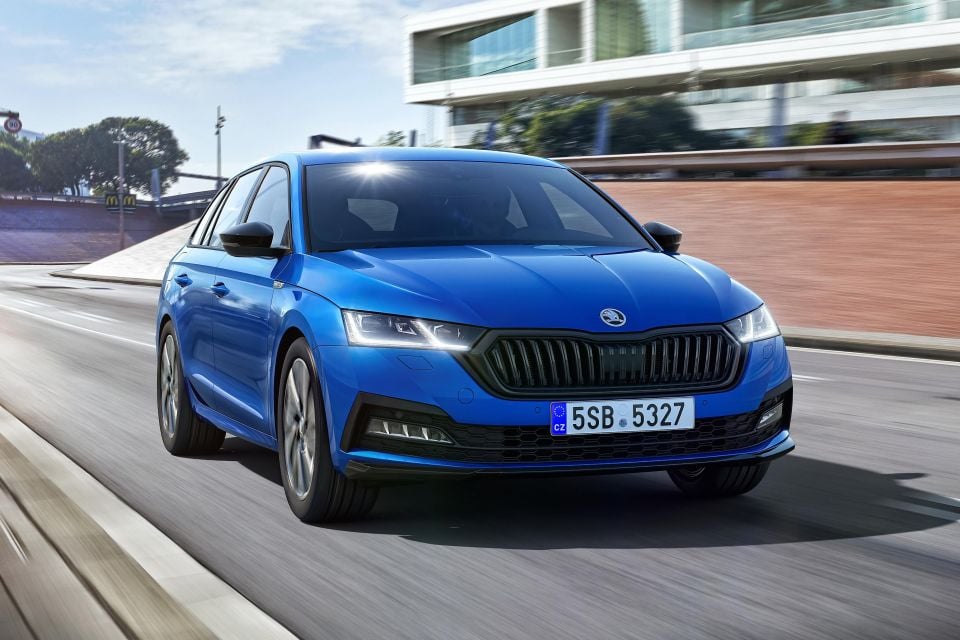

Contributor
Skoda Australia managing director Michael Irmer says the brand has no plans to phase out internal-combustion engines before the 2030s and will rely on consumer behaviour to determine what vehicles it’ll offer.
Globally, the brand hasn’t made any commitments to remove its ICE offerings by a certain date.
In saying that, it does plan for more than 70 per cent of the vehicles it sells in Europe to be EVs by 2030.
Skoda Australia will continue to offer an alternative to electric vehicles into the foreseeable future.
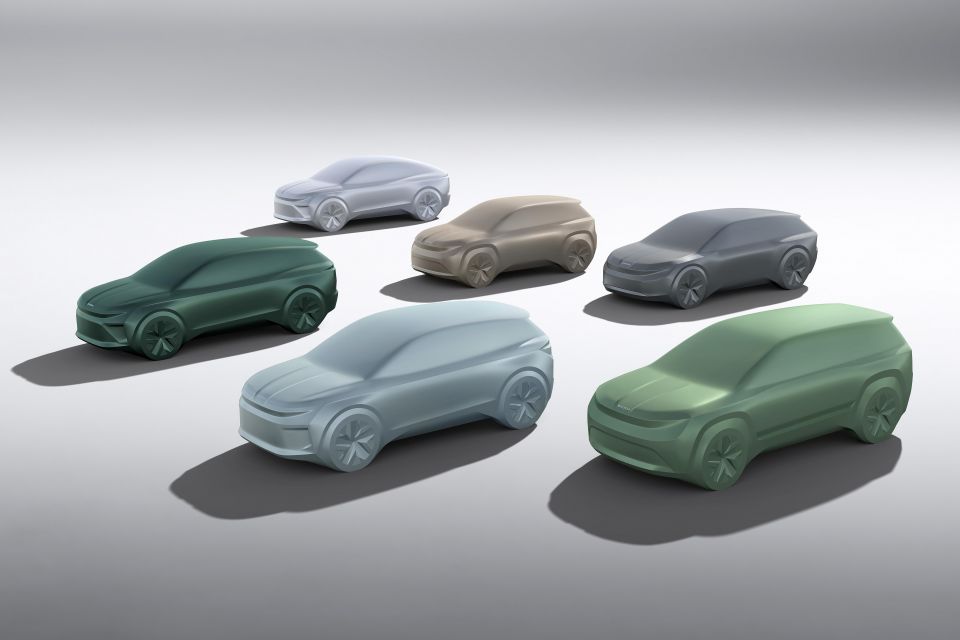
Mr Irmer told CarExpert that, provided the Australian Government doesn’t add stringent emissions standards, the brand will let customers “decide with their wallets” and continue to offer ICE vehicles for some time yet.
“In some markets where Skoda is very, very big, the adaptation of the EVs is not as fast as in others, and that means Skoda will be ready to provide those markets with products for longer,” he said.
“That doesn’t mean seven models, but we will pick the models which are most suited. And where the most volume is there, maybe some markets won’t offer them anymore in Europe, but you might have another sufficient volume in other markets.
“So that means we’re expecting still availability of ICE cars well into the ’30s.”
Most brands within the Volkswagen Group have committed to some form of electrification plans, with Cupra going all-electric by 2030 and Audi stopping the production of ICE vehicles (except for China) by 2033.
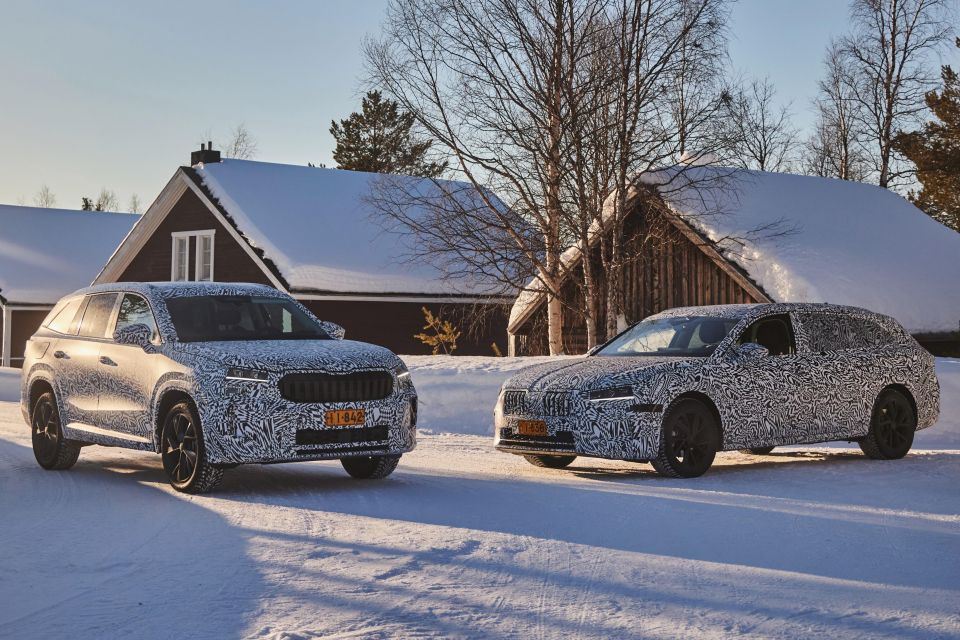
Mr Irmer is determined to allow Skoda Australia to slowly adjust its range to suit the current EV adoption landscape and says that some other markets globally aren’t ready to adopt EVs quickly either.
According to Mr Irmer, the Australian Government “will likely put a framework in” in the coming years to fast forward EV adoption which means the brand must be ready to shift its range fairly quickly.
Globally, the brand plans to launch a bevy of electric vehicles in the next couple of years and naturally that means some of its ICE vehicles will cease production as the range becomes too big and “confusing”.
“You have seven cars in that range right now. And you can add six electric cars and retain the seven ICE cars,” said Mr Irmer.
“You have a range of 13 cars, this is more confusing.
“It just makes little sense, you need to sort of concentrate on your best bet.”
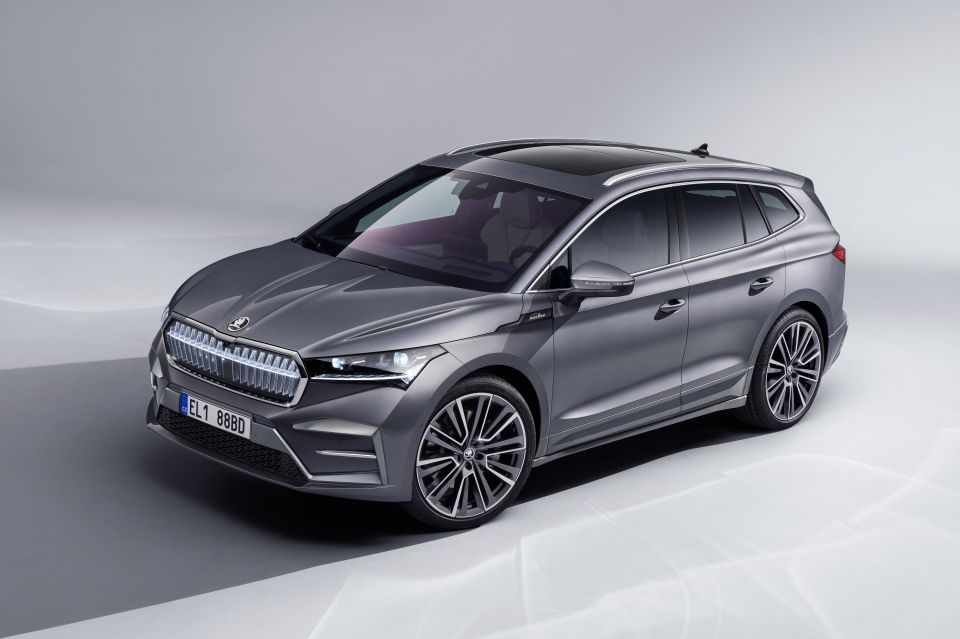
Already Skoda has indicated some of its upcoming EVs will supplant existing combustion-powered vehicles.
The Elroq, which will replace the Karoq, is set to be revealed in 2024, though the two vehicles may be sold alongside each other for a period of time.
Mr Irmer has already ruled out plug-in hybrids for Australia, saying the powertrain was always meant as a bridging technology and it doesn’t make sense for Skoda Australia to invest money in launching them.
Globally, Skoda plans to launch four new EVs by the end of 2026, as well as an update to its current electric Enyaq.
Take advantage of Australia's BIGGEST new car website to find a great deal on a Skoda.
Jade Credentino is an automotive journalist currently based in Melbourne, Australia. Jade has had a chance to review a variety of vehicles and particularly enjoys SUVs. She enjoys traveling and going on road trips exploring Australia.


William Stopford
3 Days Ago
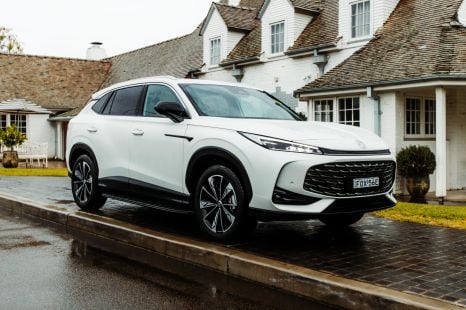

James Wong
2 Days Ago
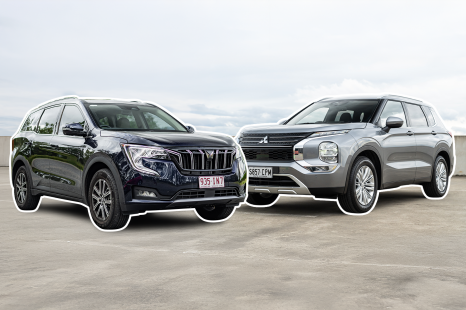

Andrew Maclean
1 Day Ago
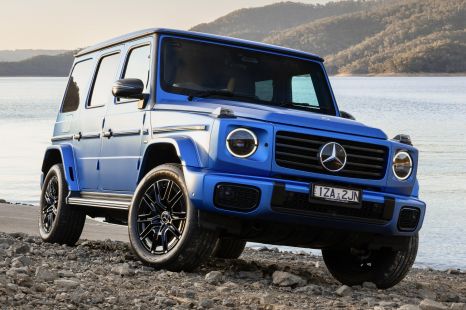

Max Davies
21 Hours Ago
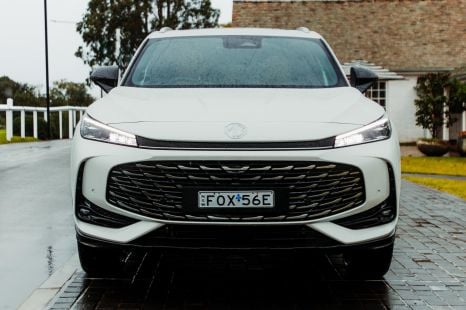

James Wong
17 Hours Ago
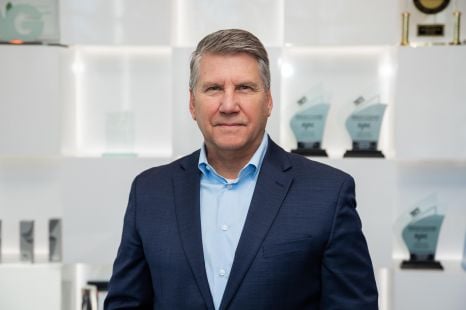

Josh Nevett
17 Hours Ago